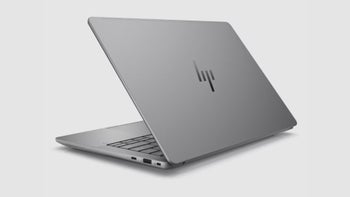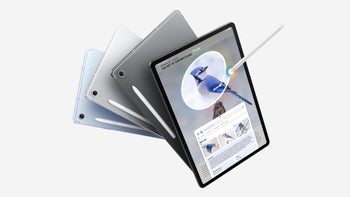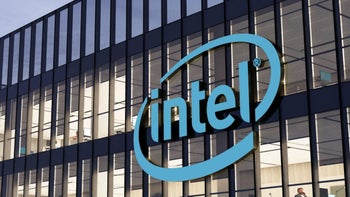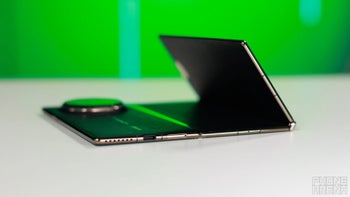Steve Jobs: Apple's co-founder and visionary who created the iPhone
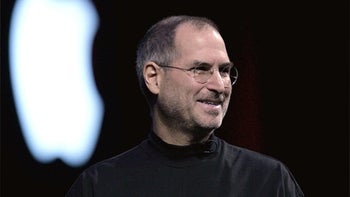
Steven Paul Jobs, also known as Steve Jobs (February 24, 1955 – October 5, 2011) was the co-founder, chairman, and CEO of Apple. He co-founded the now trillion-dollar company with Stephen Wozniak. He is known to be a charismatic innovator and a pioneer in the computer era.
Also read:
Steve Jobs: co-founder of Apple, a visionary and an innovator
Jobs and Wozniak founded Apple back in the now-distant 1976. At the time, nobody really saw computers as things that everybody should possess, they were mostly reserved for professional and mostly military use. Steve Jobs was among the first entrepreneurs to see value in what could be a personal computer - small enough so people can have them in their houses.
After leaving Apple, Jobs started another company called NeXT Inc, which focused on computers for the education market. The computer the company produced was overshadowed by cheaper alternatives. However, in the early 1990s Jobs focused on the company's operating system NEXTSTEP (which would later help him get back into Apple).
Meanwhile, in 1986 Jobs also got interested in Pixar, a computer graphics company. He built it into a major animation studio, which later produced the first full-length feature film that was computer animated - Toy Story, in 1995. This movie made the public stock value of Pixar skyrocket and made Jobs a billionaire for the first time. Jobs sold Pixar to Disney in 2006.
However, as Jobs was finding new ventures, Apple was struggling. In 1996, the company was failing to produce an alternative to the Macintosh operating system and thus went ahead and bought NEXTSTEP for $400 million, bringing Jobs back into the Apple game. It wasn't too late after that (in 1997) that Apple's board of directors saw the potential in Apple's co-founder again and requested him to lead the company for a second time.
Jobs also focused on innovation. In 1998, Jobs introduced the iMac - a one-piece computer that offered high-speed processing for a relatively cheap price and thus started a trend of high-fashion computers that not only work well but also look good. The iMac brought success and stable profits to the company that was once going downhill.
In 2001, Jobs focused on reinventing Apple for the 21st century and introduced iTunes, and started selling the iPod (for those of you who are too young, that was a portable MP3 player). Interestingly enough, by 2006 more than one billion songs and videos had been sold through Apple's iTunes Store.
In 2007, Jobs announced the iPhone, which revolutionized the telecommunications industry and is largely credited for transforming the mobile tech industry to what we have today. The iPhone was a phone that could play music like an iPod and could also access the internet, and it also sported a touch screen (before that, phones didn't really look like that, and focused mainly on talking and sending SMS messages).
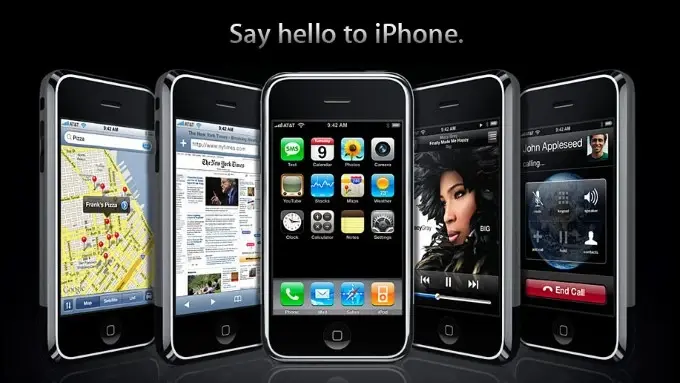
The OG iPhone, which revolutionized the mobile tech world
Most notably, Jobs is responsible for the first OG iPhone, the iPhone 3G (at the time, the App Store was first opened as well), and the iconic iPhone 4 (the new iPhones, like the iPhone 14, are quite inspired by this look), alongside the invention of the Mac and other Apple products.
Jobs led Apple to success all the way until his dead in 2011. He resigned as Apple CEO in August of 2011, naming Tim Cook as his successor and remaining as a board chairman. He died on October 5, 2011, 2011, just one day after the introduction of the iPhone 4S, from complications from a relapse of his pancreatic neuroendocrine tumor, an illness that he was fighting ever since he was diagnosed back in 2003. To this day, Jobs is viewed highly in the tech industry as a visionary, pioneer, and innovator.

The iPhone 4







